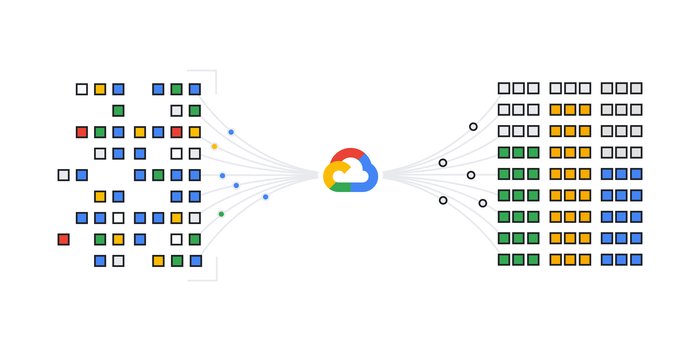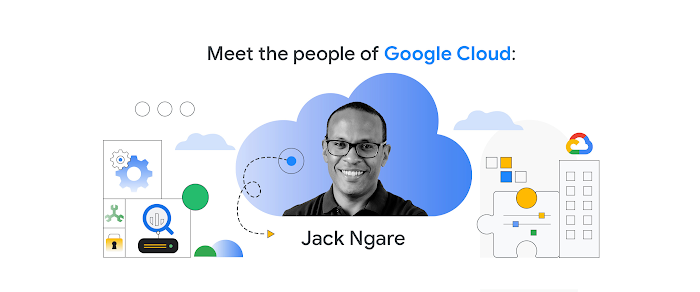This engineering manager has spent 15+ years across Google — here’s how she leads through empowerment

Google Cloud Content & Editorial
What was your path to Google?
I joined the Army Reserve out of high school, and after a year of training, began attending Marquette University as an English major. That was interrupted by the decision to invade Iraq, where I then spent a year. I came back and took a heavy load to graduate in 2006. Google had just opened an office in Ann Arbor, and they were interested in hiring people with unusual backgrounds who were capable of learning and growing with the company.
I spent a lot of time in customer support and sales. People don't realize how great that experience can be! A customer support person picks up a phone, and they don't know who the customer is, what their problem is, or what kind of day they are having, and 90%-95% of the time they make that customer happy. It's a huge deal.
In 2013, I started working in Privacy, and began working directly with more engineers with technical skills. Many of my peers were new to Google, and I could help them with understanding things like promotion, job calibration, and understanding how Google works. As my coworkers saw me stepping up, they put me forward as a manager.
Most English majors don't aspire to manage teams of software engineers.
I have a non-traditional career path, true. Some opportunities came from taking advantage of what Google offered. Whenever I didn't feel like I was growing, or I wasn't well aligned with my manager, I could always find something new.
I am highly cognizant that I don't have my team’s engineering expertise, and I never will. I bring other skills I put a lot of time and effort into—aligning people to a common purpose and aligning people with each other. I want the vision and mission of a team to arise from the collective genius of the group and for it to be owned by everyone, so that even the most junior person on a team knows that what they are doing is important.
How does that make things stronger?
Every team, in every part of the company, needs a mission, a vision, and a strategy. Often you get a brilliant leader who drives the vision. If that leader moves on to another role, it makes the team feel like they don't know what to do. That's bad for everyone, and it's a lot less likely to happen if everyone has had a role in creating the mission, vision, and strategy.
Caring for human beings has always been a core part of my leadership philosophy. As a manager, I've found that if I take care of my team, my team will have my back when it comes to our business priorities.
Do you think cloud technology has the kind of opportunity you saw 15 years ago?
Yes. Serverless computing, where I'm working now, really excites me for how it can transform a small business. The same way search ads helped little businesses find customers and grow quickly, serverless can abstract out a lot of complex issues and be a democratizing force for smaller players. We're still working on the vision, but that feels right.



